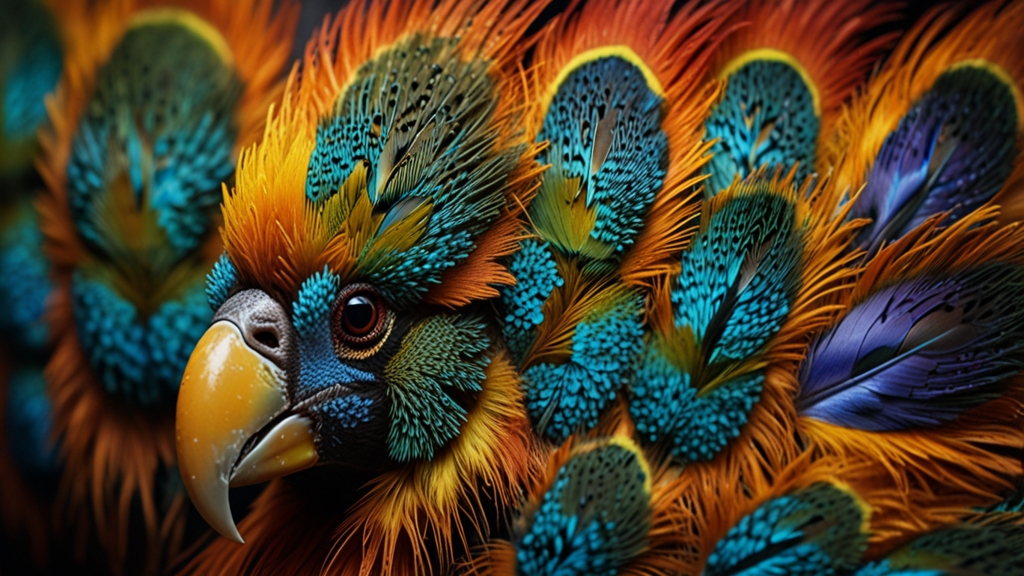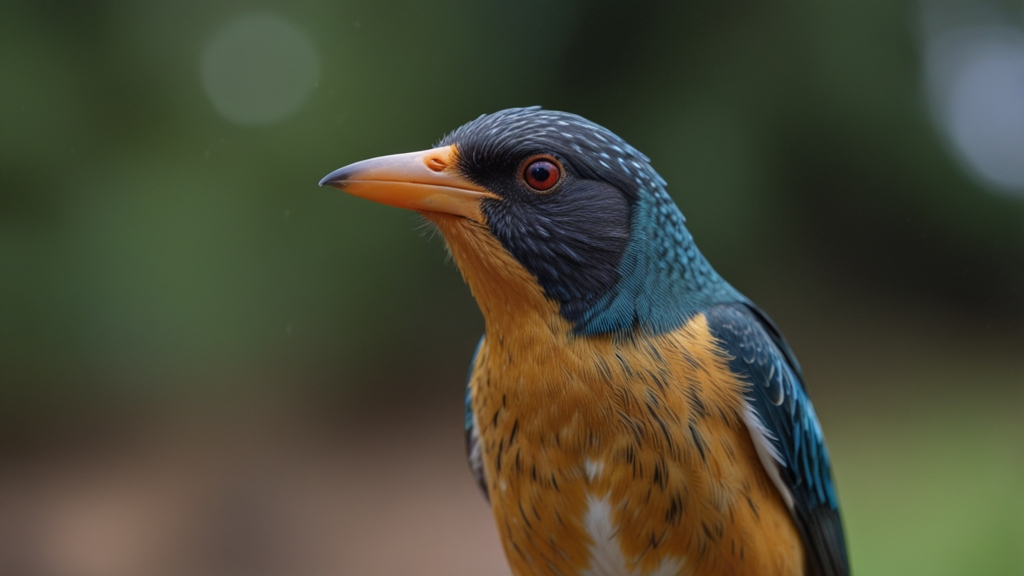Extinction Countdown: Are We Losing Our Most Beloved Animals?
The delicate balance of our ecosystem is teetering on the brink of catastrophe. As human activity continues to encroach upon the natural world, we are faced with the heartbreaking reality that some of our most cherished animal species are edging closer to extinction. This dire situation has prompted a global "extinction countdown" as conservationists rush to save what remains of our planet's biological diversity.
The Crisis Unfolds
The modern era has seen an alarming increase in species extinction rates, a phenomenon scientists have termed the "Sixth Mass Extinction." Unlike previous mass extinctions caused by natural events, this crisis is predominantly driven by human actions such as habitat destruction, climate change, poaching, and pollution. Iconic animals, from majestic elephants to playful pandas, are not immune to these threats, and their numbers are dwindling at an alarming pace.
According to the World Wildlife Fund (WWF), the population sizes of mammals, birds, fish, amphibians, and reptiles have decreased by an average of 68% since 1970. Furthermore, the International Union for Conservation of Nature (IUCN) warns that over 27,000 species are currently threatened with extinction, a number that includes some of our planet's most beloved animals.
The Stories of Beloved Creatures
African Elephants
African elephants, the gentle giants of the savanna, have long captured the human imagination. However, their numbers have plummeted due to ivory poaching and habitat loss. Despite international bans on ivory trade, illegal poaching persists, driven by high demand in black markets. Conservationists are working tirelessly to protect these magnificent creatures, but without stronger enforcement and global cooperation, their future remains uncertain.
Giant Pandas
Once facing the brink of extinction, the giant panda has become a symbol of hope in conservation efforts. Through dedicated work by organizations such as the WWF and Chinese government initiatives, pandas have seen a remarkable recovery. However, they remain highly vulnerable, with their habitats threatened by agricultural expansion and climate change.
Cheetahs
The fastest land animals on Earth, cheetahs are now classified as vulnerable on the IUCN Red List. Habitat loss, human-wildlife conflict, and illegal wildlife trade have all contributed to their declining numbers. In recent years, conservationists have been focusing on increasing protected areas and working with local communities to ensure these incredible predators have a future.
"Extinction is not inevitable, and conservation efforts can truly make a difference. However, immediate and coordinated action is essential." — Dr. Jane Goodall
Hope on the Horizon
Amid the grim news, there are also stories of hope and resilience. Conservation programs around the world have shown that with concerted effort, policy changes, and public awareness, it is possible to pull species back from the edge of extinction. The recovery of the gray wolf in North America and the increasing population of the Iberian lynx in Spain are testaments to what can be achieved with dedicated conservation strategies.
Moreover, technological advancements such as DNA analysis, satellite tracking, and artificial intelligence are providing new tools for conservationists to monitor wildlife populations and combat illegal poaching more effectively. Public awareness campaigns and ecotourism initiatives are also playing crucial roles in fostering a connection between people and the cause of wildlife conservation.
"Every individual has a role to play. Every individual makes a difference." — Dr. Jane Goodall
Taking Action
The battle to save our planet's most beloved animals is far from over, but it is a battle worth fighting. Each of us can contribute to this cause through simple actions such as supporting conservation organizations, spreading awareness, and making sustainable choices in our daily lives. Governments and corporations must also be held accountable for their environmental impacts and invest in conservation measures.
As we count down the days, let us not count down to extinction, but to a future where humans and wildlife can coexist harmoniously. Our beloved animals depend on it, and so does the health of our planet.
"In the end, we will conserve only what we love; we will love only what we understand, and we will understand only what we are taught." — Baba Dioum










